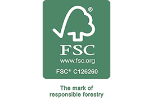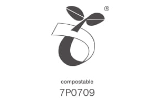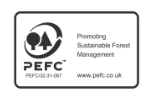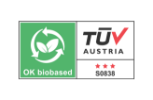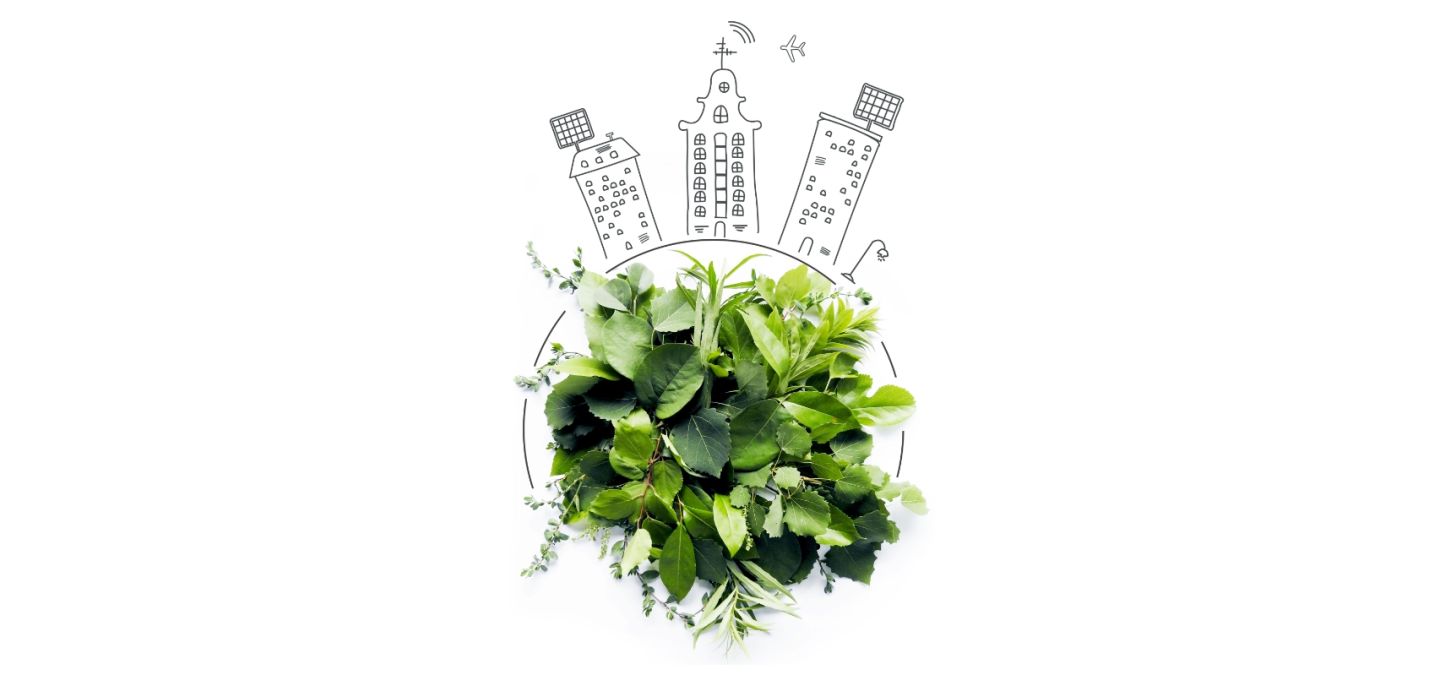

Extended Producer Responsibility (EPR) – what is it exactly about?
For the last couple of years, it has been common knowledge that it is the producer who should be held responsible for generating waste. This is to motivate suppliers to look for alternative production materials, thus reducing the negative impact on the natural environment. This summer a draft law regulating the ROP issue was published. What is it exactly about?
Producer responsible for generating waste
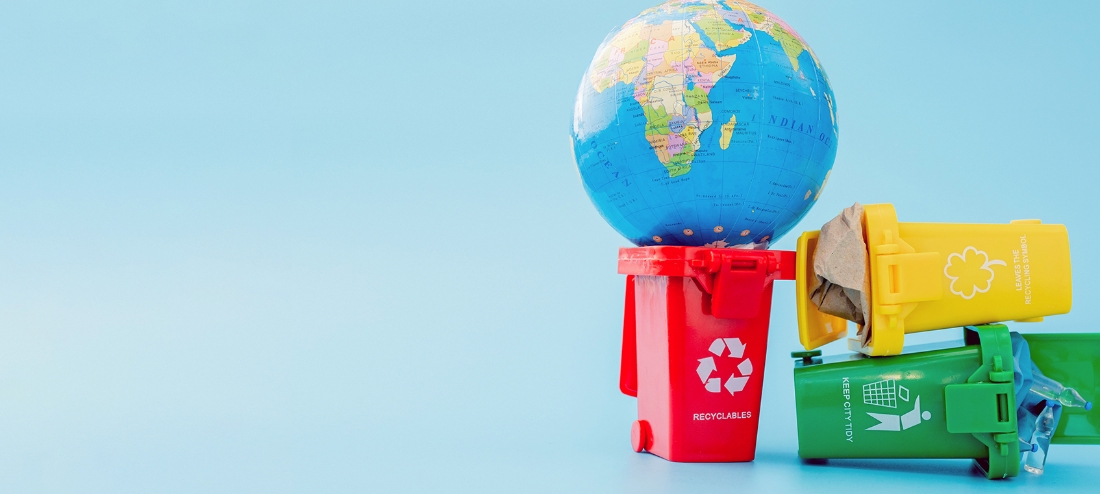
The existing legal conditions that were in force in Poland boiled down to the fact that the manufacturer’s real responsibility for the manufactured packaging was limited. In practice, even companies that produced the packaging had inadequately low business costs compared to what was required for their subsequent recovery.
That is why, at the end of June, a draft act implementing the Extended Producer Responsibility (EPR) appeared on the website of the Government Legislation Center. Currently, consultations are underway, but ultimately the new provisions are to apply from January 1, 2023.
The operator of the system will be the National Fund for Environmental Protection and Water Management, and its implementation is to be supervised by the Institute for Environmental Protection and the Ministry of Climate. Packaging fees are to be collected by voivodeship marshals. The received amounts are then to be divided. 80 percent should go to municipalities, whereas 18 percent of the funds will be allocated to financing investments related to recycling.
The new law is the result not so much of national, but EU arrangements. For some time now, the European Commission has been coming up with new waste directives that increasingly emphasise the role of packaging producers. The assumption is as follows: the manufacturer is supposed to compensate for the financial outlays incurred to minimise environmental degradation resulting from the production of packaging (mainly plastic).
What is going to change?

The most important change that occurs with the new regulations is the introduction of a new tax called "packaging fee". This tax will have to be paid for all types of packaging intended for households. It will be a burden for each entity that will place such packaging on the market. The maximum rate of the fee is to be PLN 2 per 1 kg of packaging, although the exact values are to be specified in a later ordinance of the Ministry of Climate.
Moreover, the project obliges companies selling beverages with a capacity of up to 3 litres to ensure that 25% of the plastic packaging used in the production is recycled. The deadline for meeting this requirement is to be the last day of 20241.
The new legal regulations also introduce the possibility of imposing the obligation to include the recycling of packaging other than just PET bottles. The president of the Polish Recycling Association, Szymon Dziak-Czekan, assesses these provisions: This will allow the creation of a market for raw materials, which is key in the circular economy. We treat it as a tribute to recyclers because we should remember that PET is only a dozen or so percent of the secondary raw material from the waste stream2.
Is the consumer going to pay for that?
As usual, with such changes there is controversy about who will actually pay for making the packaging. After all, now as part of the rubbish fee, administrative units charge residents increased rates, mainly for costly recycling processes.
There is, of course, a possibility that producers will start to "pass on" the fee to their target customer by raising the prices of their packaging. This will translate into a higher cost of purchasing a single item. However, as experts estimate, these price differences will not be too severe anyway and will reach the level measured in Polish groshes rather than zlotys.
In addition, these fees are ultimately supposed to cover the costs of waste management in municipalities. Therefore, there is a probability of reducing the current fees paid in this respect by residents. So the score will be even. Moreover, the new law is to be a driving force for changes not only at the business level, but also in consumer habits. The point is to consider reusable packaging.
The law acts upon expectations
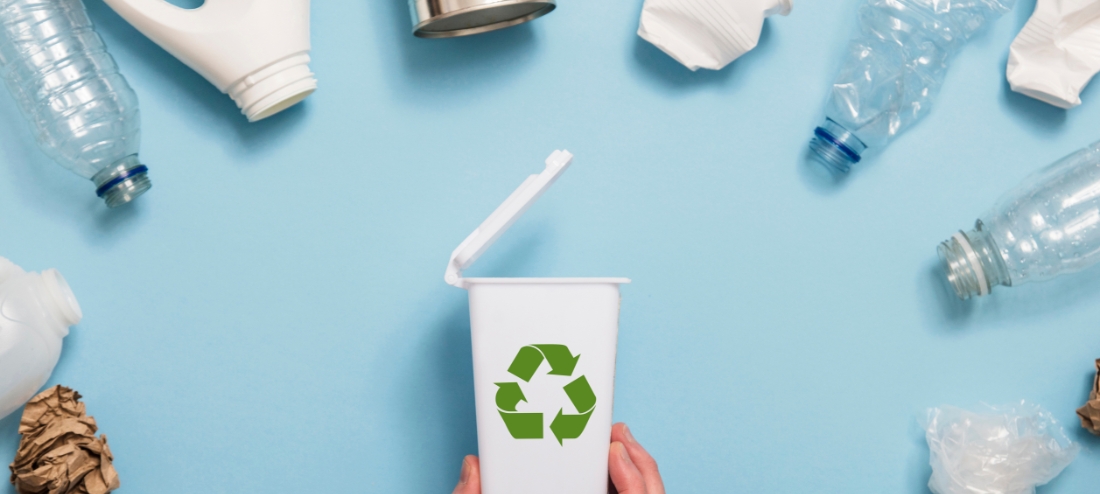
Each of us has the right to demand open access to environmentally friendly packaging. The legal regulations mentioned in this article are a natural consequence of changing customer expectations. Customers are becoming more and more aware of how much packaging contamination contributes to environmental degradation.
In order not to "get swamped" with plastic waste, bold moves must be made, also at the legislative level. The ROP Act is a step towards more responsible production and consumption.
At SILBO, we also follow this path on a daily basis. By producing biodegradable, naturally decomposing packaging for you, we provide an alternative and show that it is possible to run a business without harming the planet. We want to be as accessible as possible so that your expectations will meet the opportunities we provide.
1 https://studio.pwc.pl/aktualnosci/alerty/rozszerzona-odpowiedzialnosc-producenta-projekt-ustawy
Zobacz również:
Most frequently read

About company
Silbo – packaging production experts with 20 years of experience in the industry. We support environmental protection on many levels, for example with creating new, biocompostable standards in the field of packaging production. These are the main values on which the activity of SILBO is based: focusing on innovation, ecology and quality issues.


Received certificates
